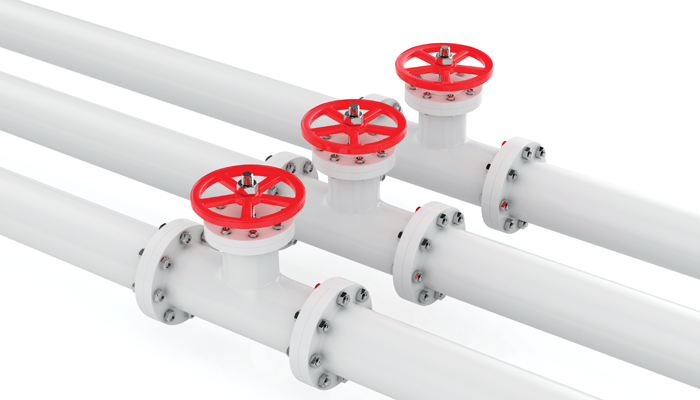Expert advice on protecting equipment from corrosion and clogs
THE RESULTS ARE IN. The unexpected characteristics of ultra-low sulfur diesel are demonstrating unwanted consequences, contributing directly to accelerated corrosion and chronic fouling of diesel dispensing equipment.
The Good News
With the introduction of ULSD and subsequent expansion throughout the various U.S. diesel markets, the air we all breathe is cleaner with respect to sulfur particulate emissions. In addition, as the heating oil market transitions to ultra-low heating oil the benefits of reduced sulfur are great. A reduction in emissions is a real and measurable benefit worth promoting to our customer base. The use of very high efficiency heating equipment can now become a reality because of the negligible amount of sulfur in heating oil.
Historically sulfur content has limited the use of high efficiency combustion equipment, which has, unfortunately, provided a competitive advantage for the use of natural gas heating. No longer is that the case, as other heating oil states begin to follow the lead of New York State with the exclusive use of ultra-low sulfur heating oil. The benefits of ultra-low heating oil will improve the health of our industry on many levels.
The Bad News
While the benefits outweigh the negatives, there are issues with ultra-low sulfur fuel that need to be understood and subsequently addressed. There is plenty of documentation and industry-wide expert agreement that ultra-low fuels have caused corrosion problems on metallic fuel dispensing equipment.
Recently at the National Institute for Storage Tank Management (NISTM) conference in Albany, N.Y., there were two presentations dedicated to the subject of ULSD and its corrosive effects on petroleum dispensing equipment. The point here is that ultra-low fuels require different and more stringent quality assurance/quality control (QA/QC) and housekeeping practices than do higher sulfur fuels.
More Good News
While the corrosion and fouling problems are well documented and ongoing, there are simple and effective housekeeping and preventive maintenance measures that can help the heating oil industry to not experience what the other ULSD markets have experienced over the last six years or so.
Considering ULSD has a greater affinity for moisture, the process of keeping fuel and storage systems free and dry of water is very important. Periodic fuel analysis as part of a solid QA/QC program of stored fuel in tanks is another important and necessary step to eliminate the problem. In addition to these two steps, the use and treatment of an additive package that keeps water out of fuel, provides film-forming corrosion inhibition and helps establish an unfavorable environment for microbe growth is also necessary.
Recommended Treatment
In fact, the Clean Diesel Fuel Alliance states that ULSD needs to be treated with additives containing corrosion inhibitors to prevent the known issues with corrosion. Additive treatment with the correct components has been shown through extensive field use to reduce and eliminate the corrosion and equipment fouling problems caused by ULSD.
It is vitally important for our heating oil industry to understand that ultra-low fuels are different chemically and have different properties and characteristics. With that understanding, a plan of action should follow to ensure that our heating oil industry avoids the negative operational issues and maximizes the positive operational benefits of ultra-low fuels. There is much information available on the subject – with which we would be happy to provide you.





